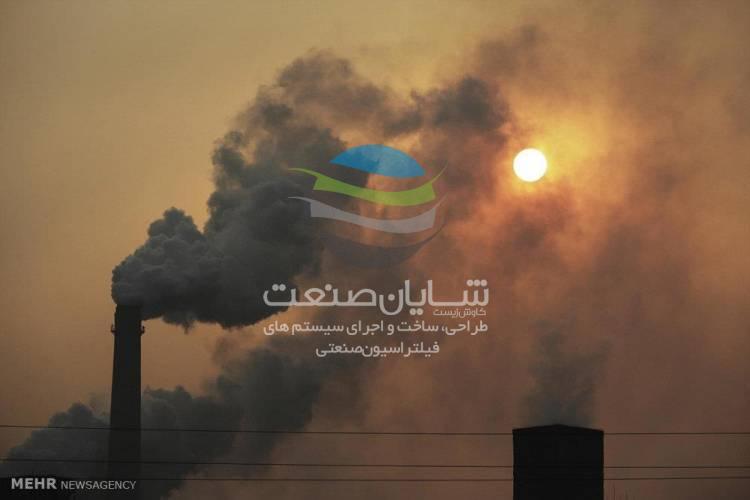What is air pollution?
Air pollution means that air is mixed with gases, droplets and particles that reduce air quality. In cities, cars and buses, airplanes as well as industry and construction may cause air pollution.
Air pollution means that air is mixed with gases, droplets and particles that reduce air quality. In cities, cars and buses, airplanes as well as industry and construction may cause air pollution.
Outside the cities, dust from plowing the land by tractors, cars and trucks driving on sandy or dirt roads, mountain falls and smoke from forest fires and fields cause air pollution.
Another important cause of air pollution in most major cities is ground-level ozone gas. Ozone forms on the surface of the earth when pollutants from cars and other fuel-consuming vehicles react with sunlight; As a result, ozone gas is produced, which is toxic to humans.
This ozone gas is produced more in conditions of stagnant air, sunlight and hot weather. This surface ozone should not be confused with “good ozone”, which is located miles above the Earth’s atmosphere and absorbs the sun’s harmful ultraviolet rays.
Car exhaust in cities emits many pollutants, including carbon monoxide, nitrogen dioxide, sulfur dioxide, particulate matter, including smaller particles روم micrometers, benzene, formaldehyde, polycyclic hydrocarbons.
What are the symptoms of air pollution in a person?
Air pollution can irritate the eyes, throat and lungs. Burning eyes, coughing, and a feeling of heaviness in the chest when exposed to severe infection are common.
Different people react differently to air pollution. Some may be very upset by the feeling of heaviness in the chest and cough, while others may not react at all and not notice the air pollution.
Because exercise and physical activity require faster and deeper breathing, it may exacerbate these symptoms. Patients with heart disease such as angina, lung disease such as asthma or emphysema are usually more sensitive to air pollution and notice it sooner than others.
The impact of air pollution on health
Fortunately, in most healthy people, the air pollution goes away as the symptoms go away. But some people are more sensitive to the effects of air pollution.
Children’s lungs may feel uncomfortable with less air pollution. Children are more likely to develop bronchitis and hearing loss in areas with polluted air.
People with heart or lung disease react more strongly to polluted air. During periods of severe air pollution, these people should limit their activities outside the home and seek more medical attention.
With the exception of deaths from severe air pollution in the short term, it is becoming increasingly clear that small amounts of air pollution in the long run can have detrimental effects on humans.
What to do against air pollution?
Pay attention to the daily reports of air quality control organizations.
To measure air quality, a criterion called “Air Quality Index” (AQI) is used, which is graded from zero to 3 depending on the severity of pollution. This index is mainly the amount of ozone on the ground and suspended particles (except for Measures pollen, but may also include sulfur dioxide and nitrogen dioxide.
Due to its greater sensitivity, this index has now replaced the older index, the “Pollution Standard Coefficient” (PSI).
AQI above 100 indicates unhealthy air. If in your area AQI
Go above, especially if the weather is sunny or you have symptoms such as heavy chest, burning eyes or coughing. Keep yourself away from polluted air and do the following:
Stay home as long as possible during days when air pollution is high. Many indoor air pollutants are less than outside.
If you have to leave the house, do your chores early in the morning or postpone them until after sunset. This is especially important in terms of avoiding the ozone produced by sunlight in the polluted air of large cities.
Avoid strenuous exercise or physical activity outdoors in the event of air pollution; The faster you breathe, the more polluted air you get into your lungs. These measures will usually prevent symptoms in healthy children and adults. But if you live near a specific source of infection or have chronic heart or lung disease, consult your doctor.

